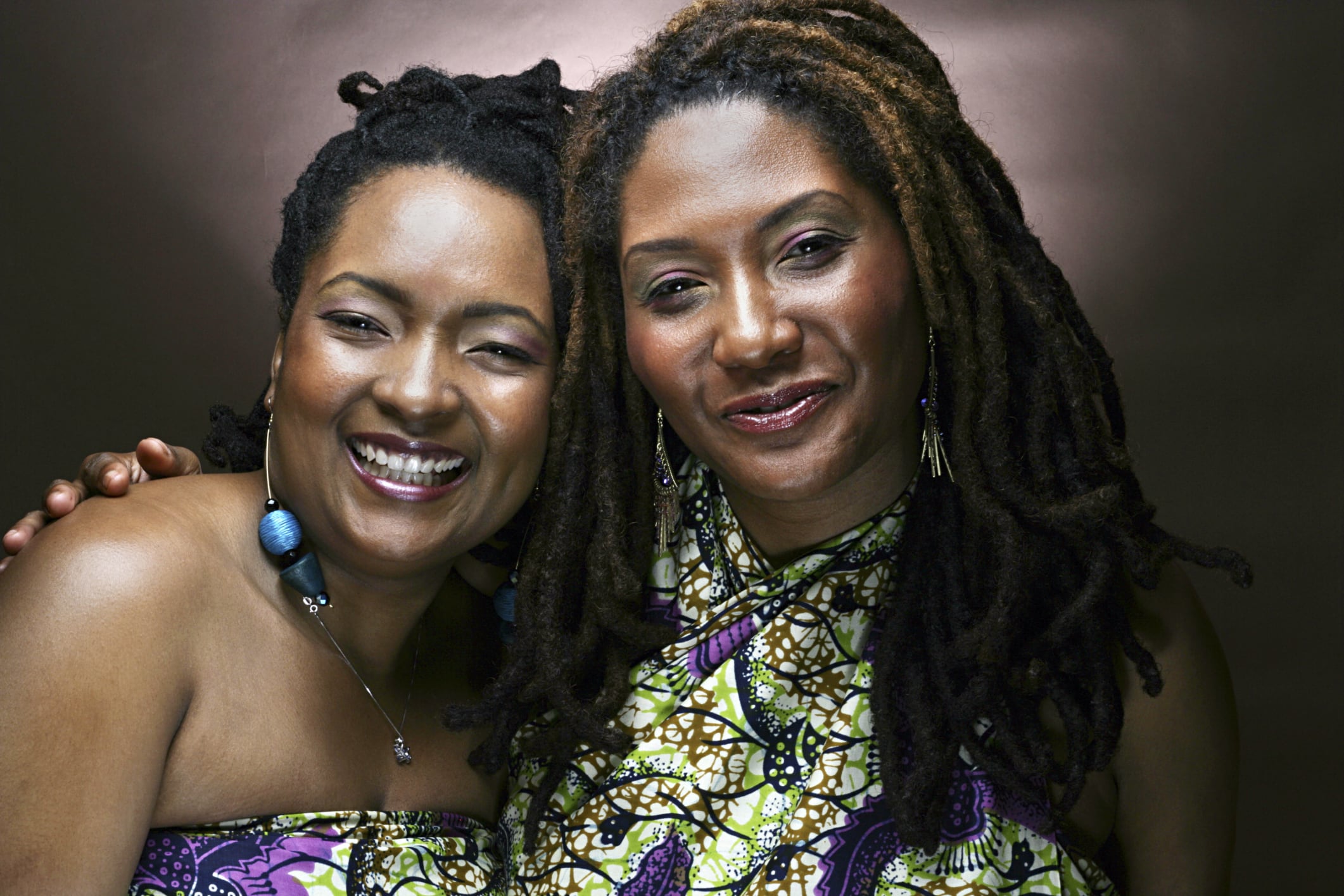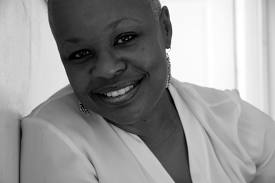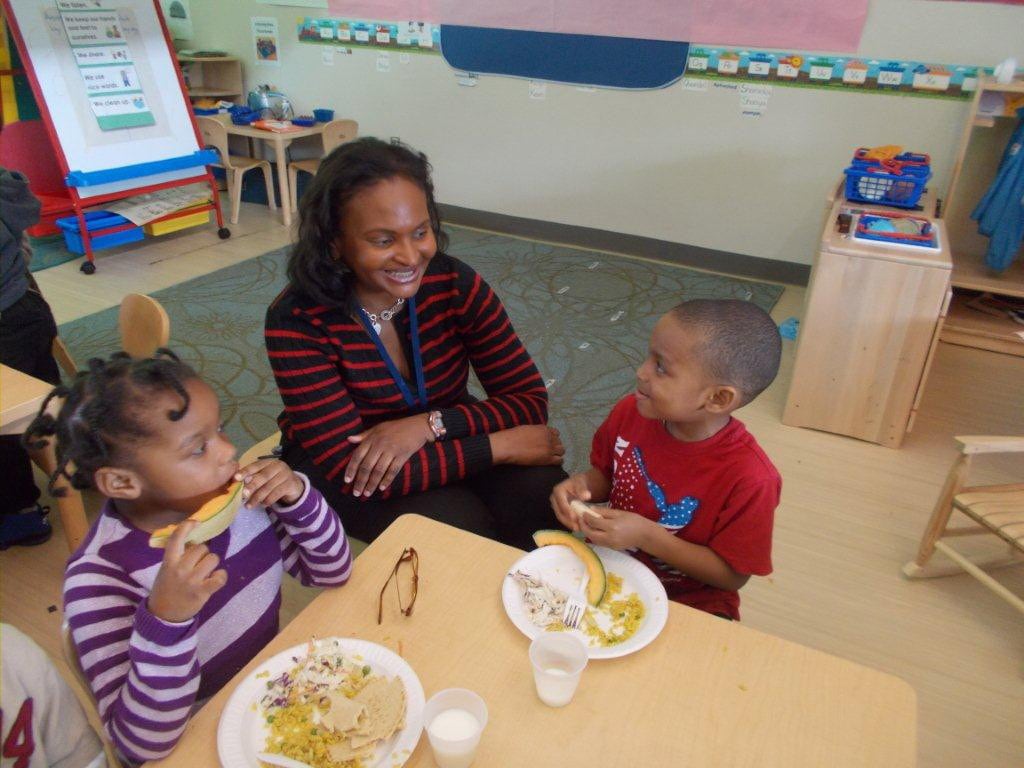When I moved from the Washington area to just outside Charlotte, N.C., what I missed most was my girlfriends. I knew I could adjust to the slower pace of living and talking and everything else if I just had strong, soft arms to hold me up when my own strength faltered.
So this is about how I brought together nine women, including myself, to meet regularly and support each other as a family we call “Sistah Circle.” We’ve helped one another through personal illnesses, unemployment, the death of a brother, the sickness and aging of a mother and sudden illness of a sister; through the pain of watching adult children make bad choices or just traverse the obstacles and heartbreak of life; and through marital and relationship issues and challenges too numerous to name. And we have inspired one another with our courageous decisions, amazing sacrifices and sheer determination.
“Sistah Circle is the manifestation of one love, one spirit in an environment where you know everyone is sincere,” said Anne, a former museum director. “I am energized and encouraged by the strength and light in each woman, and it fortifies me.”
In my case, I chose to create a sister circle that focused on spirituality. But I didn’t want it to matter what religion a person belongs to or whether they were all churched up. And I certainly didn’t want to preclude cursing or a strong shot of liquor when necessary. The goal of a sister circle is to create a regular way of getting together to support one another. It’s not a religious thing;it’s a sister thang. Members define the format according to their needs and wants.
My daughter, who lives in the Atlanta area, has what I call a sister circle, and it consists of seven women and one gay man. They call themselves the Brunch to Dinner Crew (B2DC), because they started meeting regularly for brunch and ended up talking until dinnertime.
B2DC started about two years ago “shortly after Whitney Houston died,” my daughter Andrea recalls. “We were just like-minded friends having fun. Then we decided to get a little more serious and make a concerted effort to support one another and to serve the community.”
Her circle has decided to perform a community service centered on food — such as volunteering at a soup kitchen or collecting canned goods — four times a year. “Now we’re working on our dreams and goals for this year and figuring out how we want to support one another and hold each other accountable,” says Andrea, whose “crew” meets at least once a month.
My group’s formal name is The Sistah Circle of Prayer. While we use prayer to support one another in-between gatherings, we also have helped one another with acts such as calling a sister in search of work with job leads, making and delivering a casserole to a member recovering from surgery or running to the pharmacy for someone who is sick. In other words, we are family for each other — “sisters” to be exact, only without any of the emotional baggage.
It is obvious to us after more than two years that we supply for one another something no mate or partner, mother or blood sister alone can.
“Women speak a language to each other that is not understood in mixed company. We can be empathetic without being judgmental,” says Linda Carter, a licensed professional counselor in Lanham, Md., who specializes in working with women and families.
“Among other women, we can cry for ourselves or others without feeling weak,” Carter says. “We can celebrate our achievements and bemoan our disappointments in a safe and supportive environment.”
In my circle the cardinal rule is, “What goes on in Sistah Circle, stays in Sistah Circle.”
Originally, I patterned my idea after the concept of a Mastermind group, a format some friends in other cities had told me worked for them. Much of the information I found in my research traced the Mastermind concept back to Napoleon Hill, author of the classic book, Think and Grow Rich. Hill said, “No two minds ever come together without thereby creating a third, invisible intangible force, which may be likened to a third mind.” He called that third mind Mastermind.
I see his thinking as stemming from the same notion found in the adage, “Two heads are better than one.” And I might add, “especially when the heads belong to sisters.”
I tweaked the Mastermind concept but kept some of the structure used at a meeting, because it allows an opportunity for every member of the group to talk about her challenges and get feedback. It also means we commit ourselves to meeting regularly.
My circle gathers every four to six weeks at the home of a member.
For this article, some of the women decided they wanted to use their middle names, perhaps remembering some of the intimate information they’ve shared. The last two women to join admit that they hesitated because they were concerned about the role religion might play in the group.
“I wanted to make sure it wasn’t a holiness thing, which would have been too much for me,” explained Denise, a transplant to Charlotte whom I knew when we both lived in the D.C. area. Today, she says, “I am completely grateful for the fellowship, support — and prayers.”
Necie, a retired schoolteacher, echoed Denise. “I was concerned because you can’t just let any ol’ body pray for you,” she said, laughing. “But now it is my safe place. I have very few people — maybe one or two — I show my vulnerable self to. Here, I don’t have to be strong. I know I won’t be judged but will be uplifted.”
Carter, the Maryland counselor, says, “African-American women are used to having some negative label applied to them — angry black women, welfare queens —and accustomed to being discounted or undervalued. So we are very careful about sharing our innermost secrets and feelings. We scrutinize whom we share ourselves with. Confidentiality is essential for making the person feel safe in exposing private information.”
Personally, I’m just enjoying having girlfriends I know I will see regularly. My blood sister, Carol, who lives with me, is also a member of Sistah Circle. I have learned things about her at our gatherings that I did not know and might not have learned without the circle.
Carol says, “It’s because we talk about things here that might not come up at home.”
I just call it the power of the sister circle.
Create Your Own Sister Circle
1. Come up with a plan. Identify what you want to focus on in your circle, and invite like-minded women to join. My circle has a spiritual component, but you may be interested in a secular circle or one on a specific topic, such as entrepreneurship, parenting or personal development. (Also see below.)
2. Meet regularly. Sister circles only work when members commit to gathering regularly. It’s the time spent supporting one another that builds a bond and trust and separates the circle from periodic lunches with other friends. Sisters in circles show their devotion to one another by investing their time.
3. Have a format for the gathering. Even if it’s not a strict agenda, the circle works best when everyone has an opportunity to contribute and to listen to the responses from others.
— Patrice Gaines
Join Our Fierce Circle of Sisters
The Fierce Circle of Sisters is one giant circle made up of lots of smaller circles. Here’s where you can connect with other like-minded sisters — whether you want to chat about everything from fibroids to finances, or set up a sister circle for support to train for marathons. Whatever you need, we’re here to help. Drop us a line at fierceforblackwomen@gmail.com.
Photo: Thinkstock/Getty Images








